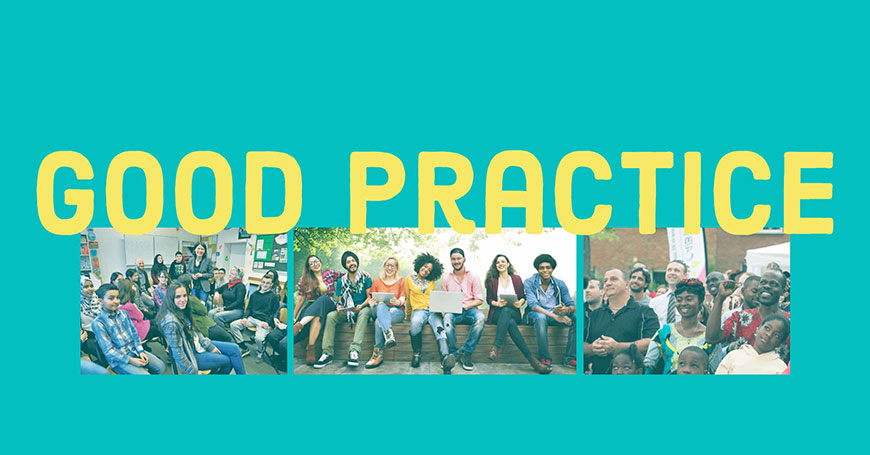Intercultural cities: good practice examples

The first step is the adoption (and implementation) of strategies that facilitate positive intercultural encounters and exchanges, and promote equal and active participation of residents and communities in the development of the city, thus responding to the needs of a diverse population. The Intercultural integration policy model is based on extensive research evidence, on a range of international legal instruments, and on the collective input of the cities member of the Intercultural Cities programme that share their good practice examples on how to better manage diversity, address possible conflicts, and benefit from the diversity advantage.
This section offers examples of intercultural approaches that facilitate the development and implementation of intercultural strategies.
Diversity in the workforce
Purpose: To ensure and encourage diversity in the workforce in Bergen municipality, by supporting and facilitating career development for people with a minority background. Stimulus/Rationale: The...
Surf.Art
Purpose: Cascais regularly organises intercultural activities not only to encourage social cohesion but also to help young people to improve their self-appreciation and self-esteem....
The Welcome App
Purpose: An App to help refugees organising their everyday lives in Germany - Helps overcoming the language barrier - Provides information regarding asylum law Stimulus/Rationale: A considerable...


